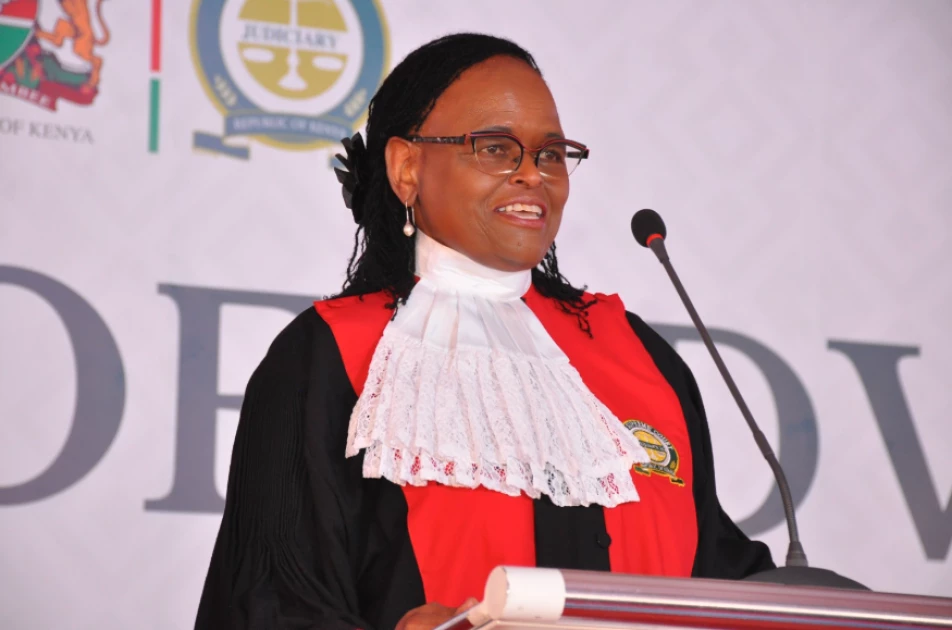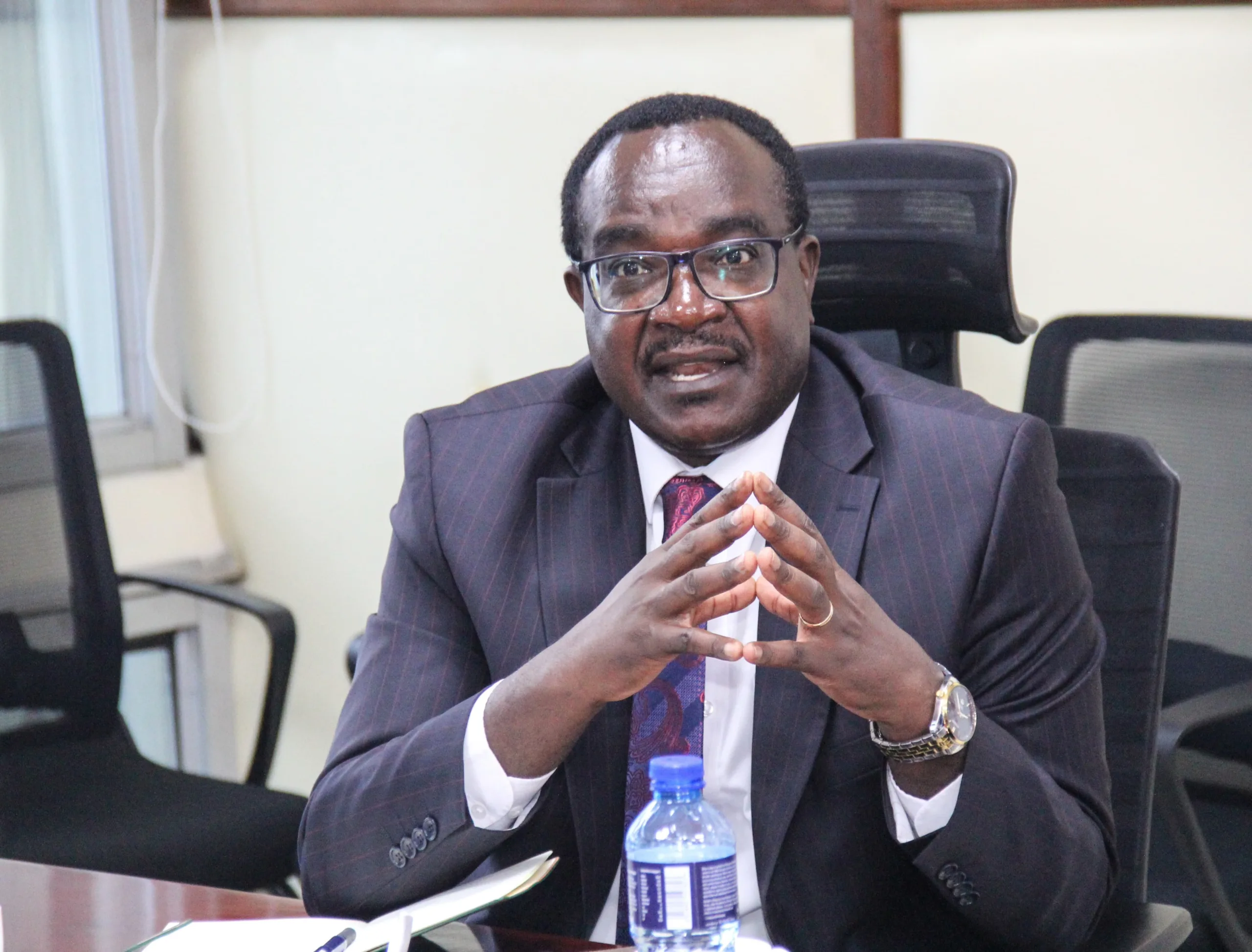Consolidate Education Funding for Free University Education – CJ Koome
Chief Justice Martha Koome has raised concerns about the new university education funding model, which categorizes students into five financial bands based on their family’s economic status.
The model, she argues, places some students from underprivileged backgrounds into higher fee bands unjustly.
On Wednesday, CJ Koome expressed her frustration, noting that the current system has led to inequities where students who cannot afford higher fees are wrongly classified.
She mentioned her personal disillusionment with the media’s portrayal of societal inequalities, emphasizing the distress of a student who, despite qualifying for university, struggles due to misclassification into a more expensive fee band.
Overview of the New Funding Bands
Under the revised model:
- Band 1 includes students from families with monthly incomes below Sh5,995. These students receive 95% government support, consisting of a 70% scholarship and 25% loan, along with a Sh60,000 upkeep loan. Parents contribute only 5% of the total education costs.
- Band 5 consists of students from households with monthly incomes exceeding Sh120,000. They receive 60% government support, including a 30% scholarship, 30% loan, and a Sh40,000 upkeep loan. Their families are responsible for 40% of the education costs.
Follow Teachers Updates Page On Facebook
CJ Koome noted that discrepancies in band assignments sometimes result in well-off students being placed in lower bands, exacerbating inequality.
Proposal for Consolidation of Funds
CJ Koome suggests that consolidating all existing bursaries, loans, and scholarships into a single fund could make university education free.
She pointed out that various entities, including governors, women representatives, MPs through CDF, and MCAs, distribute bursaries from taxpayer money. By merging these funds, she believes that it could suffice to provide free education for all.
In a similar vein, members of the National Assembly, led by Speaker Moses Wetang’ula, have advocated for the merger of state bursaries, loans, and scholarships.
They argue that such consolidation would make university education affordable across the country.
This proposal emerged during a debate on the new funding model, driven by concerns about misplacement of students in incorrect financial bands, potentially impeding their educational aspirations.
Response from the State Department for Higher Education
Beatrice Inyangala, Principal Secretary at the State Department for Higher Education and Research, acknowledged issues with the banding process and communication from some universities.
She assured that students can appeal incorrect placements via the Higher Education Fund portal (www.hef.co.ke) and at university complaint desks.
ALSO READ: Chinese Scholarships Send 65 Kenyan Students to Beijing for Advanced Studies
Wetang’ula has called for a policy proposal to be presented to Parliament to enact a law for merging these funding schemes.
He highlighted the myriad sources of financial aid, including bursaries from MCAs, women representatives, MPs, HELB, the University Fund, private providers, and banks.
He urged the generation of a policy that would streamline these resources to create a unified fund for free university education.
Consolidate Education Funding for Free University Education – CJ Koome
Follow Teachers Updates on Facebook, LinkedIn, X (Twitter), WhatsApp, Telegram, and Instagram. Get in touch with our editors at [email protected].












Discussion about this post